In a recent development, the Supreme Court of India has taken a significant step by issuing a notice in a Special Leave Petition (SLP) challenging the constitutional validity of Section 16(4) of the Central Goods and Services Tax Act, 2017 (CGST Act).
The Supreme Court of India has deliberated on the case of Mrityunjay Kumar v. Union of India [SLP (C) No. 28270 of 2023]. In its order dated January 3, 2024, the Supreme Court issued a notice in the Special Leave Petition challenging the judgment of the Patna High Court in the matter of Gobinda Construction v. Union of India and Others [CWJC No. 9108 of 2021 dated September 8, 2023]. The Patna High Court, in its judgment, affirmed the constitutional validity of Section 16(4) of both the Central Goods and Services Tax Act, 2017 (“the CGST Act”) and the Bihar Goods and Services Tax Act, 2017 (“the BGST Act”). Section 16(4) of these acts specifies that Input Tax Credit will be disallowed in instances where any invoice or debit note is issued after the due date for furnishing returns.
The case is scheduled for further hearing on February 05, 2024.
Refer Below:

Let’s know The case, Gobinda Construction v. Union of India [Civil Writ Jurisdiction Case No. 9108 of 2021 dated September 08, 2023]
Analysis of Hon’ble Patna High Court Decision on Section 16(4) of CGST Act
Background: In the case of Gobinda Construction v. Union of India [Civil Writ Jurisdiction Case No. 9108 of 2021 dated September 08, 2023], the Hon’ble Patna High Court examined the constitutional validity of Section 16(4) of the Central Goods and Services Tax Act, 2017 (CGST Act).
Facts: Gobinda Construction, the petitioner, faced a Show Cause Notice (SCN) from the Department for disallowing Input Tax Credit (ITC) for the tax period of February and March 2019. The SCN was issued under Section 73 of the CGST Act, citing the filing of GSTR-3B after the prescribed time period under Section 16(4). The Adjudicating Authority’s subsequent order held the petitioner liable for tax and interest, as it had availed ITC in violation of Section 16(4). The Appellate Authority upheld this decision.
Petitioner’s Contentions: The petitioner contended that denying ITC under Section 16(4) beyond the specified date is confiscatory and violates Article 300A of the Constitution of India. The argument asserted that ITC is a vested right, and belated filing should not jeopardize this protected right.
Respondent’s Counterargument: The respondent argued that ITC is a concession under the CGST Act, subject to the scheme’s conditions. The statutory framework, including Section 16(4), uniformly applies and doesn’t violate any rights guaranteed under Article 19(1)(g) of the Constitution.
Key Issues: The primary issue was whether Section 16(4) of the CGST Act is constitutionally valid.
Court’s Decision: The Hon’ble Patna High Court, drawing on the judgment in Jayam and Company vs. Assistant Commissioner & Anr. [(2016) 15 SCC 125], upheld the constitutional validity of Section 16(4). The court emphasized that concessions granted by statute or notification must adhere to specified conditions. It ruled that the provision isn’t arbitrary and doesn’t violate the right guaranteed under Article 19(1)(g) of the Constitution.
Legal Principles:
- Presumption of Constitutional Validity: The court stressed the presumption of constitutional validity for legislation, placing the burden on challengers to prove otherwise.
- Dependence on Statutory Conditions: The judgment underscored that the concession of ITC under Section 16(1) is subject to fulfilling conditions, including those in Section 16(4).
Conclusion: The Hon’ble Patna High Court concluded that Section 16(4) of the CGST Act is constitutionally valid. This decision has significant implications for businesses, reaffirming the importance of strict compliance with statutory conditions for availing ITC. Businesses filing belated GSTR-3B should be cautious to ensure timely compliance with Section 16(4) to avoid potential denial of credits.
Now Let’s Read the Section 16 of CGST Act:
*Section 16. Eligibility and conditions for taking input tax credit.-
(1) Every registered person shall, subject to such conditions and restrictions as may be prescribed and in the manner specified in section 49, be entitled to take credit of input tax charged on any supply of goods or services or both to him which are used or intended to be used in the course or furtherance of his business and the said amount shall be credited to the electronic credit ledger of such person.
(2) Notwithstanding anything contained in this section, no registered person shall be entitled to the credit of any input tax in respect of any supply of goods or services or both to him unless,-
(a) he is in possession of a tax invoice or debit note issued by a supplier registered under this Act, or such other tax paying documents as may be prescribed;
1[(aa) the details of the invoice or debit note referred to in clause (a) has been furnished by the supplier in the statement of outward supplies and such details have been communicated to the recipient of such invoice or debit note in the manner specified under section 37;]
(b) he has received the goods or services or both.
2[Explanation.- For the purposes of this clause, it shall be deemed that the registered person has received the goods or, as the case may be, services-
(i) where the goods are delivered by the supplier to a recipient or any other person on the direction of such registered person, whether acting as an agent or otherwise, before or during movement of goods, either by way of transfer of documents of title to goods or otherwise;
(ii) where the services are provided by the supplier to any person on the direction of and on account of such registered person;]
3[(ba) the details of input tax credit in respect of the said supply communicated to such registered person under section 38 has not been restricted;]
(c) subject to the provisions of 4[section 41 5[***]], the tax charged in respect of such supply has been actually paid to the Government, either in cash or through utilisation of input tax credit admissible in respect of the said supply; and
(d) he has furnished the return under section 39:
Provided that where the goods against an invoice are received in lots or instalments, the registered person shall be entitled to take credit upon receipt of the last lot or instalment:
Provided further that where a recipient fails to pay to the supplier of goods or services or both, other than the supplies on which tax is payable on reverse charge basis, the amount towards the value of supply along with tax payable thereon within a period of one hundred and eighty days from the date of issue of invoice by the supplier, an amount equal to the input tax credit availed by the recipient shall be 9[paid by him along with interest payable under section 50], in such manner as may be prescribed:
Provided also that the recipient shall be entitled to avail of the credit of input tax on payment made by him 10[to the supplier] of the amount towards the value of supply of goods or services or both along with tax payable thereon.
(3) Where the registered person has claimed depreciation on the tax component of the cost of capital goods and plant and machinery under the provisions of the Income tax Act, 1961 (43 of 1961), the input tax credit on the said tax component shall not be allowed.
(4) A registered person shall not be entitled to take input tax credit in respect of any invoice or debit note for supply of goods or services or both after the 6[thirtieth day of November] following the end of financial year to which such invoice or 7[****] debit note pertains or furnishing of the relevant annual return, whichever is earlier.
8[Provided that the registered person shall be entitled to take input tax credit after the due date of furnishing of the return under section 39 for the month of September, 2018 till the due date of furnishing of the return under the said section for the month of March, 2019 in respect of any invoice or invoice relating to such debit note for supply of goods or services or both made during the financial year 2017-18, the details of which have been uploaded by the supplier under sub-section (1) of section 37 till the due date for furnishing the details under sub-section (1) of said section for the month of March, 2019.]
The genesis of this case lies in the judgment passed by the Hon’ble Patna High Court in the matter of Gobinda Construction v. Union of India and Others [CWJC No. 9108 of 2021 dated September 8, 2023]. In this judgment, the Hon’ble Patna High Court upheld the constitutional validity of Section 16(4) of the CGST Act and its counterpart in the Bihar Goods and Services Tax Act, 2017 (BGST Act).
Section 16(4) of the CGST Act / SGST Act is pivotal in its provision, stating that Input Tax Credit (ITC) would be denied in cases where any invoice or debit note is issued after the due date of furnishing returns. This statutory provision has far-reaching implications on businesses’ ability to claim ITC, making it a subject of legal scrutiny and debate.
The petitioner, Mrityunjay Kumar, has brought the constitutional validity of Section 16(4) into question through the SLP filed with the Supreme Court. The issuance of notice in this matter signifies the Supreme Court’s acknowledgment of the constitutional complexities and its willingness to delve into the legal intricacies involved.
The Supreme Court’s order, dated January 3, 2024, sets the stage for a crucial legal battle. The matter is now listed for further hearing on February 05, 2024. This development adds an element of anticipation and interest among businesses and legal experts, as the outcome of this case could have widespread implications on how Input Tax Credit is availed under the GST regime.
Businesses and taxpayers keenly await the Supreme Court’s deliberation on the constitutional validity of Section 16(4). The decision reached will not only impact the financial dynamics of businesses but also shape the future interpretation and application of GST laws in India. Stay tuned for updates as this legal saga unfolds in the apex court.
Visit www.cagurujiclasses.com for practical courses

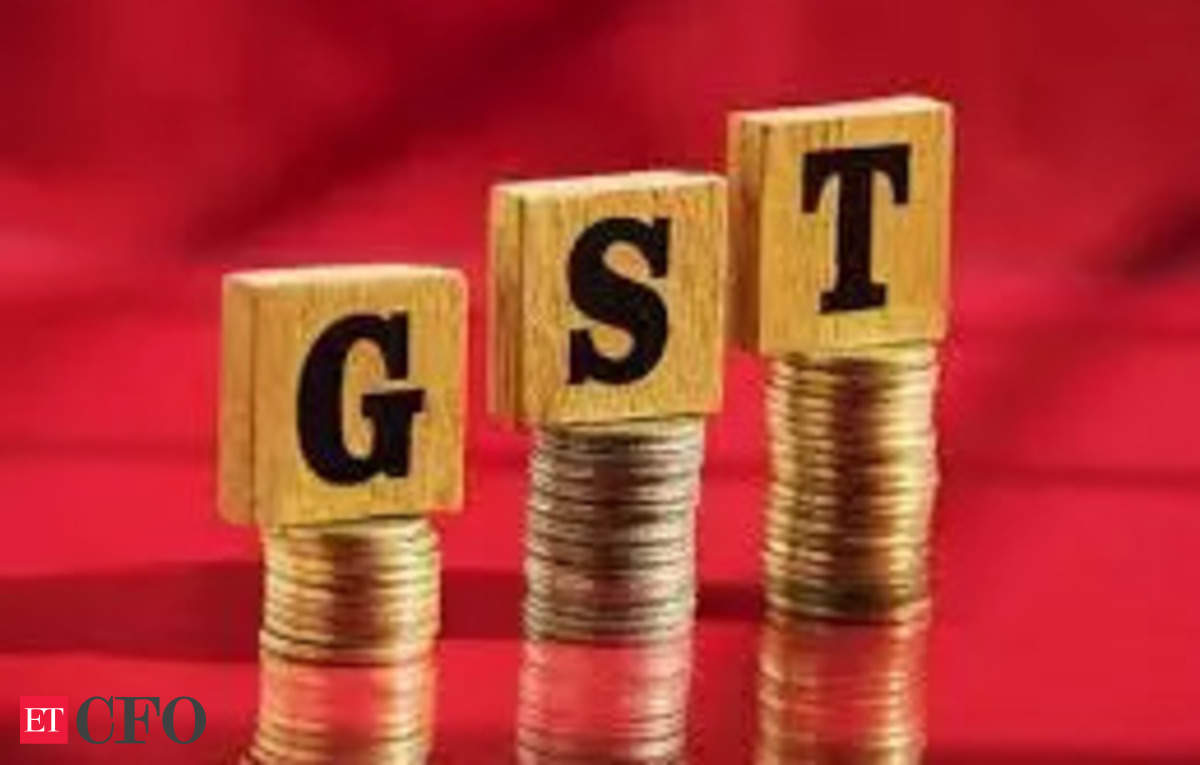
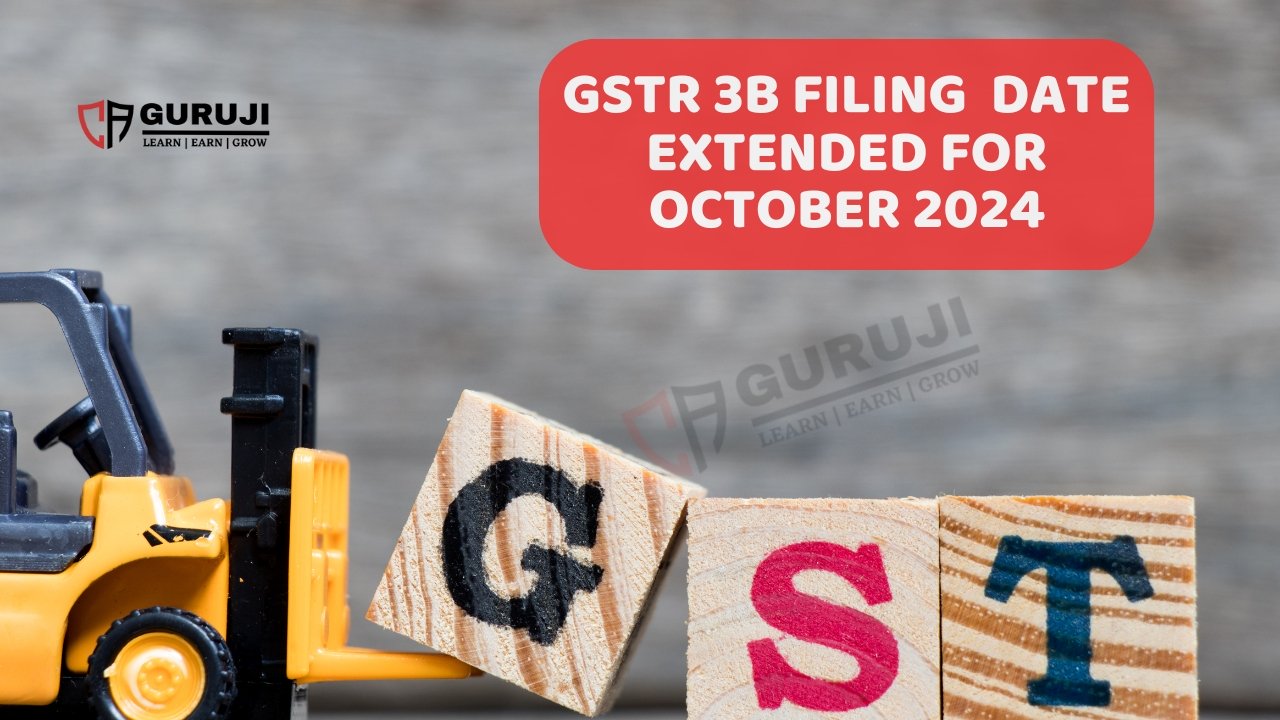
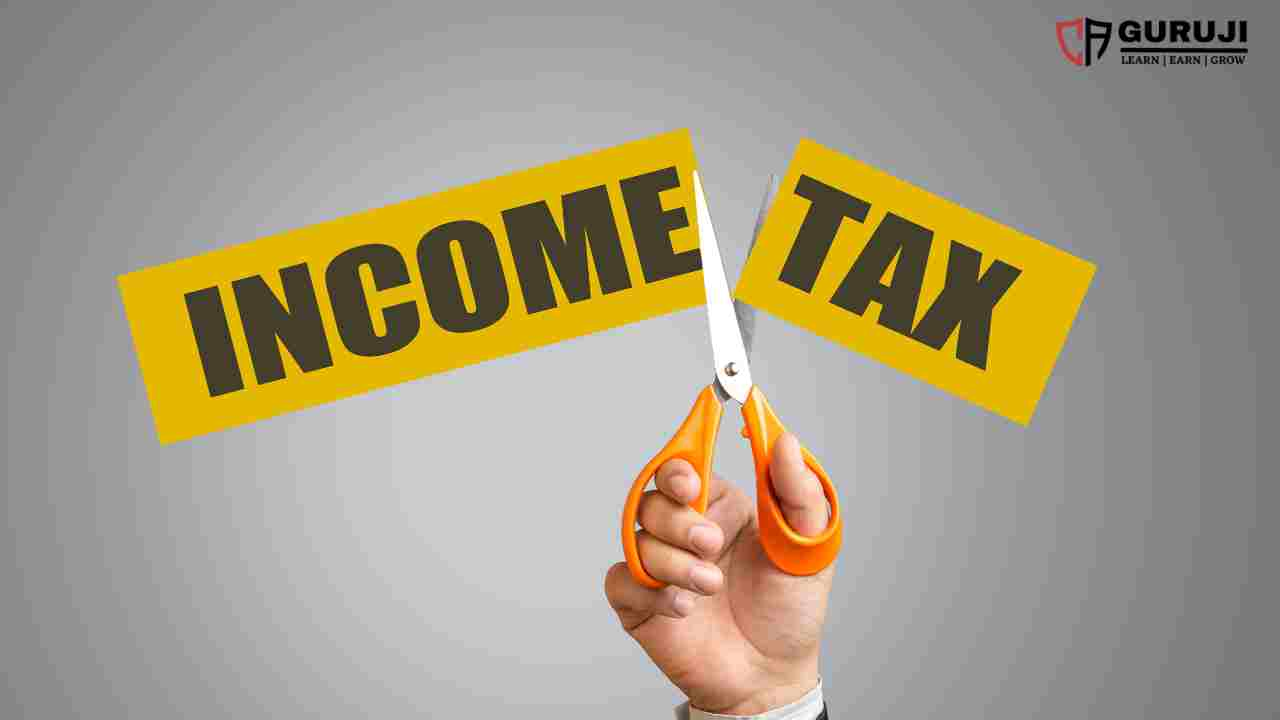

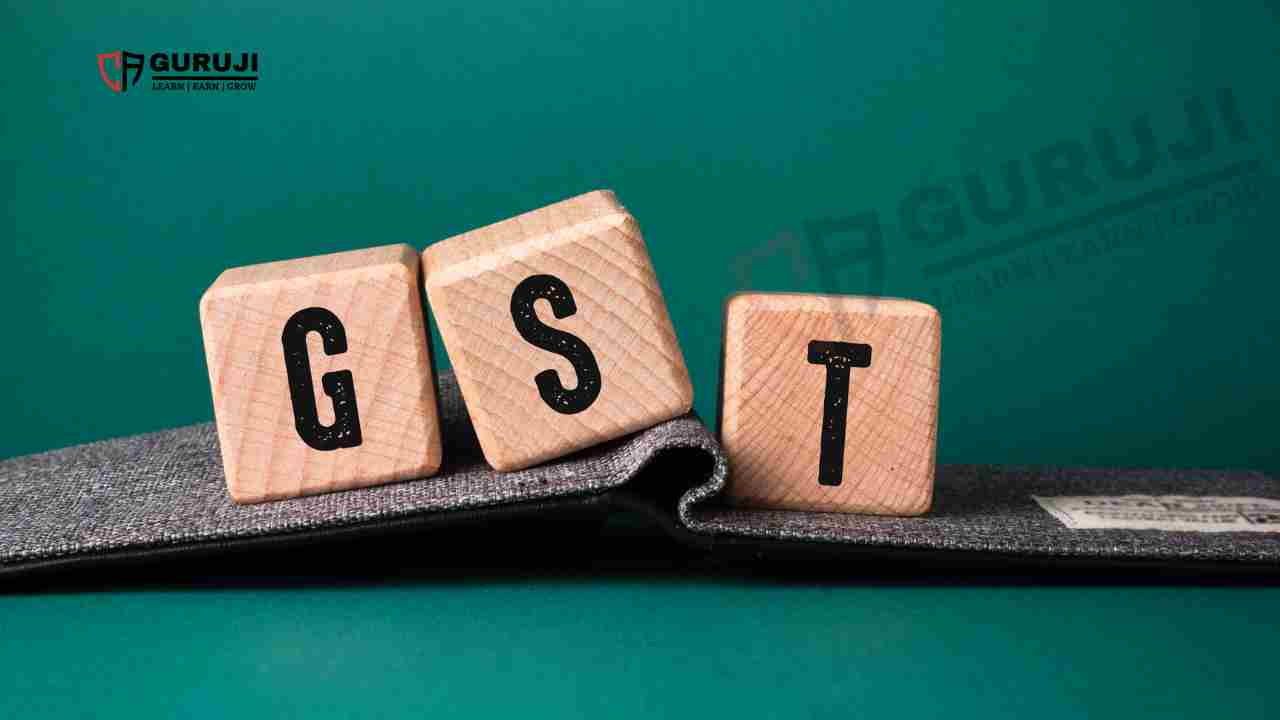

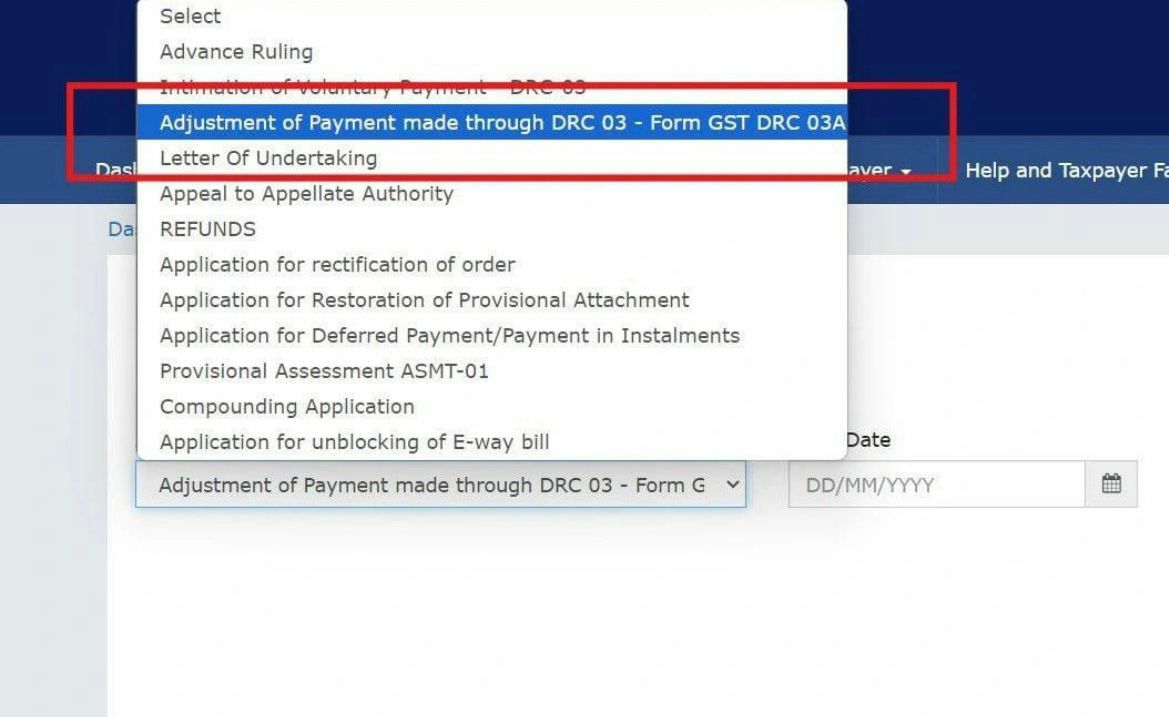
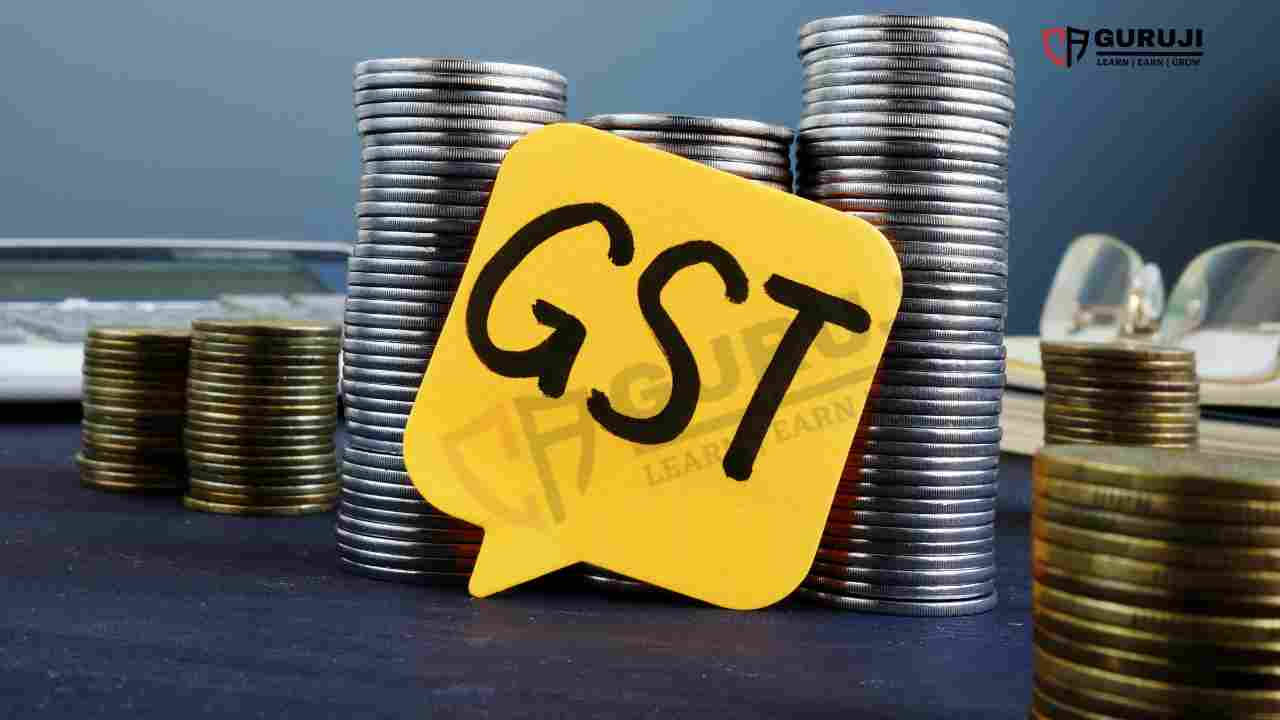
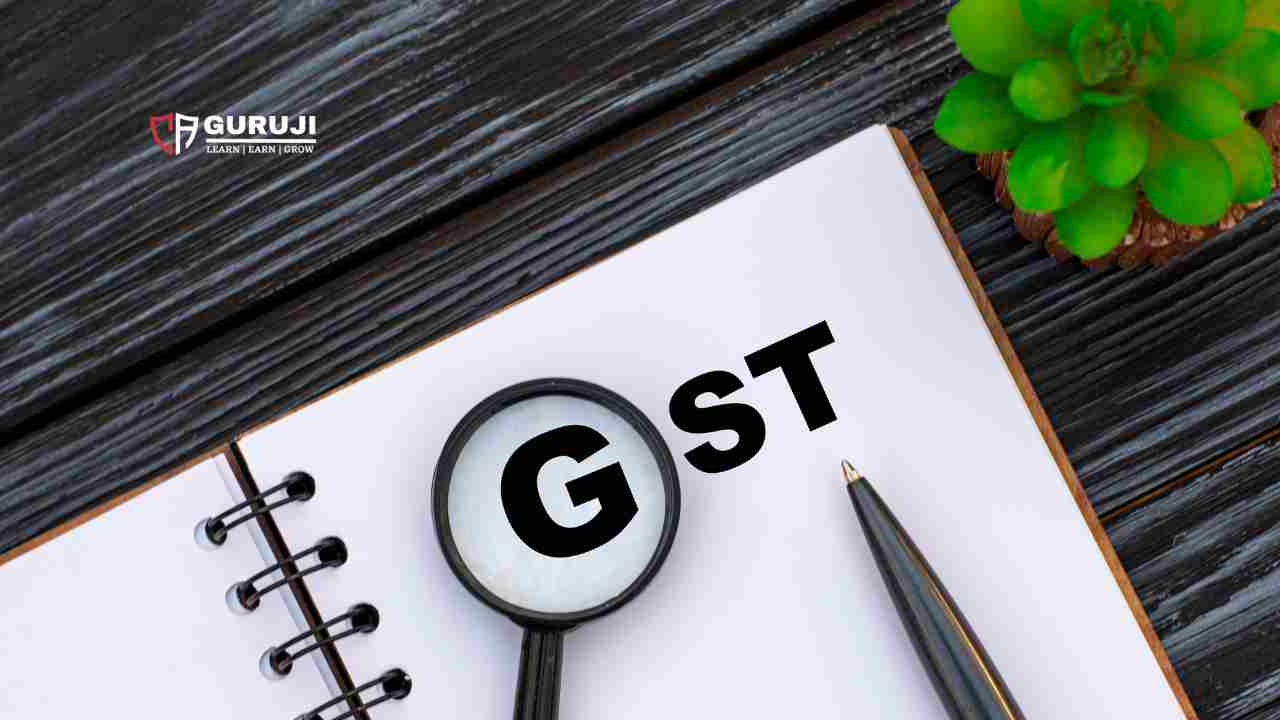
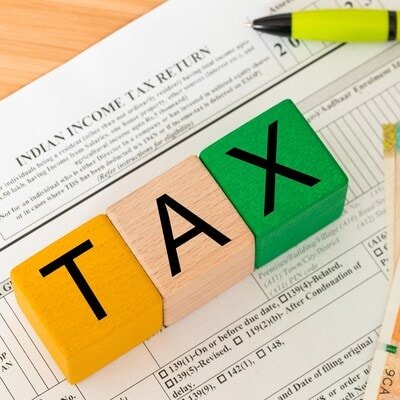
Great post. I will be dealing with a few of these issues as well..